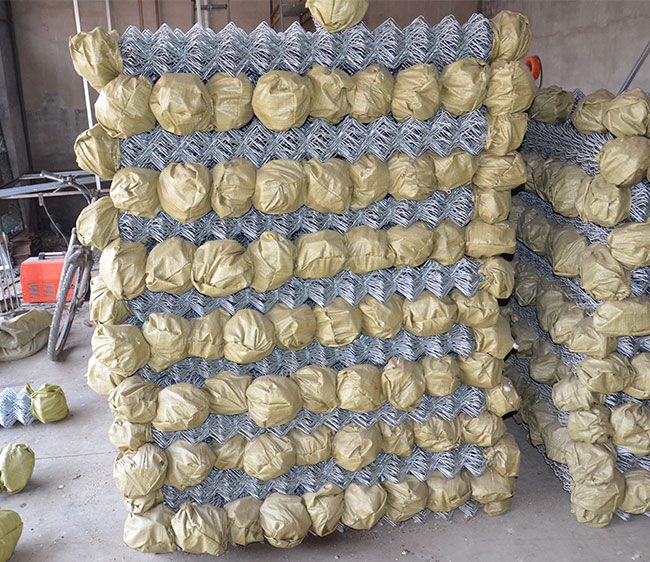marras . 10, 2024 08:42 Back to list
Ultrafiltration Techniques for Efficient Separation in Centrifuge Tubes
Understanding Ultrafiltration Centrifuge Tubes A Key Tool in Laboratory and Industrial Applications
In the realm of laboratory and industrial processes, the need for efficient separation and filtration techniques is paramount. One such technology that has gained significant attention in recent years is ultrafiltration, and at the heart of this technology lies the ultrafiltration centrifuge tube. These specialized tubes are designed to facilitate the separation of small molecules and macromolecules based on their size, making them invaluable in various scientific and industrial applications.
What Is Ultrafiltration?
Ultrafiltration is a filtration process that separates particles and solutes based on their size using a semi-permeable membrane. This membrane allows water and smaller molecules to pass through while retaining larger molecules such as proteins, polysaccharides, and other macromolecules. This method is widely applied in biochemistry, pharmaceuticals, food and beverage processing, and environmental studies.
The Role of Centrifuge Tubes in Ultrafiltration
Ultrafiltration centrifuge tubes are specifically designed for use in conjunction with centrifugation, a process that uses centrifugal force to separate components of a mixture based on their density. These tubes are typically made of durable materials such as polycarbonate or polypropylene and come equipped with a filter membrane that serves as the ultrafiltration barrier.
When a sample is placed in these tubes and subjected to centrifugation, the force causes the larger particles to be retained by the membrane while the smaller ones pass through. This process not only helps in concentrating proteins or other biomolecules but also in purifying them, making it an essential step in many laboratory workflows.
Applications in Different Fields
1. Biotechnology and Pharmaceuticals Ultrafiltration centrifuge tubes are critical in the purification and concentration of proteins, enzymes, and nucleic acids. In vaccine production, for instance, these tubes help in isolating the desired antigen from culture media, enhancing the efficiency of the production process.
2. Food and Beverage Industry In this sector, ultrafiltration is employed to remove contaminants from beverages and to concentrate flavors and bioactive compounds. For example, fruit juices may be filtered to remove pulp and clarify the liquid, improving its aesthetic appeal and shelf-life.
3. Environmental Analysis Researchers often utilize ultrafiltration centrifuge tubes to study environmental samples, such as wastewater or soil extracts. By separating pollutants or pathogens, these tubes aid in assessing the quality of natural resources and in compliance monitoring.
4. Clinical Diagnostics In clinical laboratories, ultrafiltration is used to prepare samples for various analyses, including blood and urine tests. By concentrating biomarkers of interest, these tubes enhance the sensitivity and accuracy of diagnostic assays.
ultrafiltration centrifuge tube

Advantages of Ultrafiltration Centrifuge Tubes
The use of ultrafiltration centrifuge tubes offers several advantages
- Efficiency The combination of ultrafiltration and centrifugation allows for rapid processing of samples, which is crucial in high-throughput environments.
- Precision The ability to separate molecules based on size results in higher purity and recovery rates of the target substances.
- Versatility With different pore sizes and membrane materials available, these tubes can be tailored to specific applications, accommodating a wide range of sample types.
- Cost-Effectiveness Automating processes involving ultrafiltration can lead to significant savings in time and labor, as fewer manual steps are required.
Future Trends
As advancements in technology continue to evolve, ultrafiltration methods and materials are likely to improve. Innovations in membrane technology, such as the development of nanomaterials and bioengineered membranes, could enhance selectivity and permeability, leading to even more efficient separation processes.
Moreover, as the demand for biopharmaceuticals and environmentally friendly processes grows, ultrafiltration centrifuge tubes will remain an indispensable component in laboratories and industrial settings, enabling researchers and manufacturers to meet the challenges of modern science and industry.
Conclusion
Ultrafiltration centrifuge tubes are more than just simple laboratory tools; they represent a crucial intersection of science and technology that drives innovation across various fields. Their ability to efficiently separate and purify biomolecules and other substances not only enhances research capabilities but also supports the ongoing development of pharmaceuticals, food production, and environmental conservation efforts. As these tubes continue to evolve, they will likely play an even more significant role in shaping the future of scientific exploration and industrial processes.
share
-
CE Certification Buy Wire Mesh Fence for High Security and Durability
NewsJul.30,2025
-
Stainless Steel Mesh Filter Discs for Precise Filtration Solutions
NewsJul.29,2025
-
CE Certification 250 Micron Stainless Steel Mesh for Industrial Use
NewsJul.29,2025
-
Premium Stainless Steel Weave Mesh for Filtration and Security
NewsJul.29,2025
-
CE Certification 250 Micron Stainless Steel Mesh for Safety & Durability
NewsJul.29,2025
-
Decorative Perforated Metal Panels & Sheets with Unique Patterns
NewsJul.28,2025

